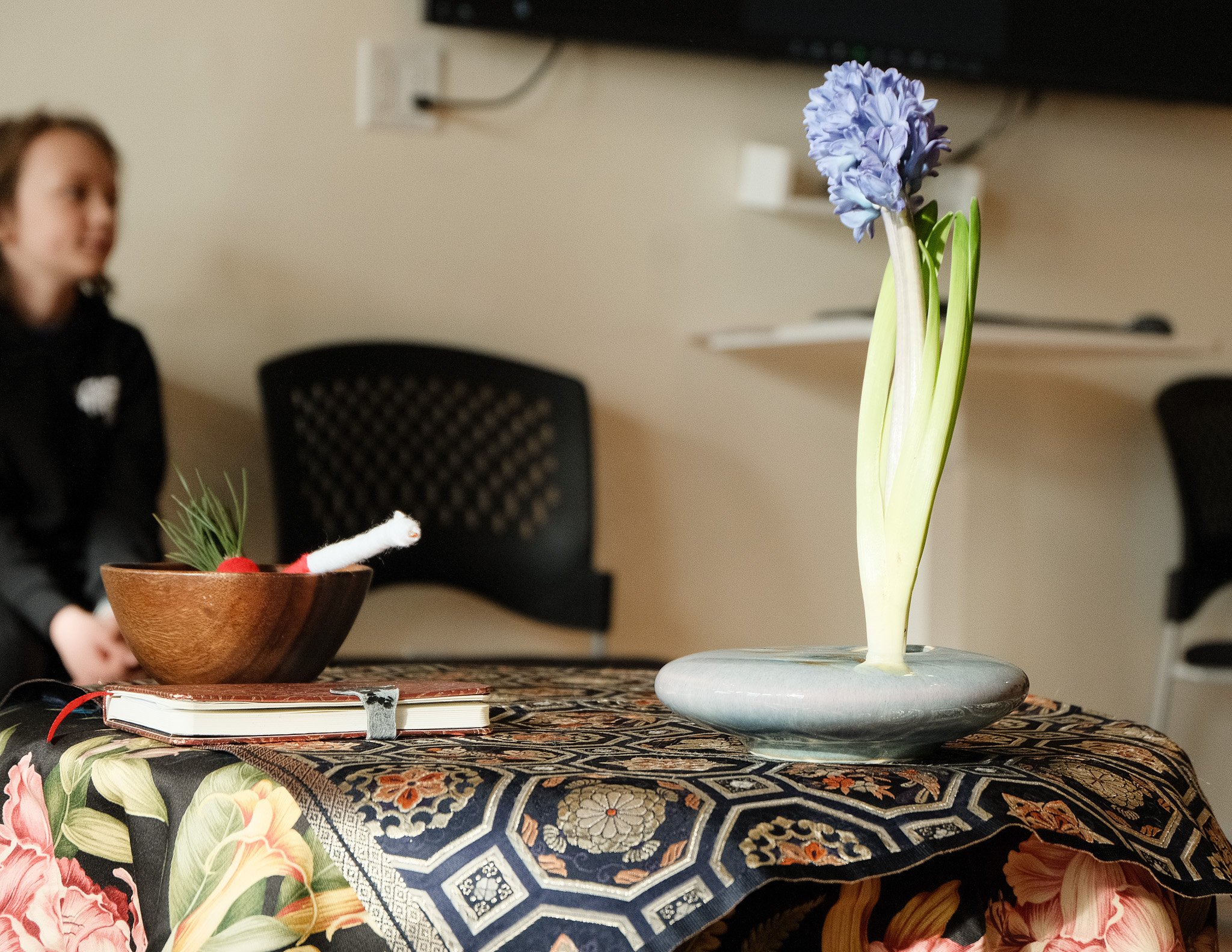
ZenLife Blog
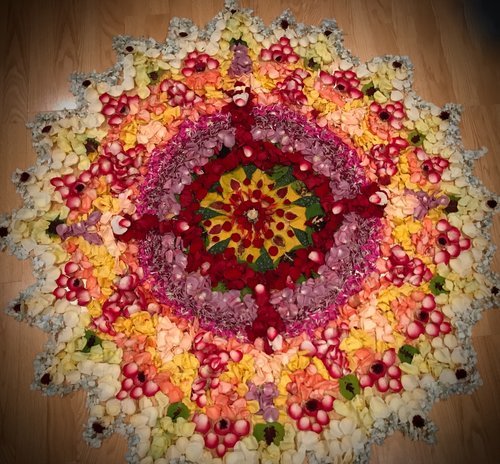
The Power of Forgiveness
Forgiveness is strong medicine. It’s the practice of extending mercy when mercy is not forthcoming to you. You offer mercy to one who does not deserve mercy. You forgive another when you overcome your own resentment toward the offender, not by denying your right to be angry, but instead by overcoming your own anger by offering the wrongdoer compassion, benevolence, and love.
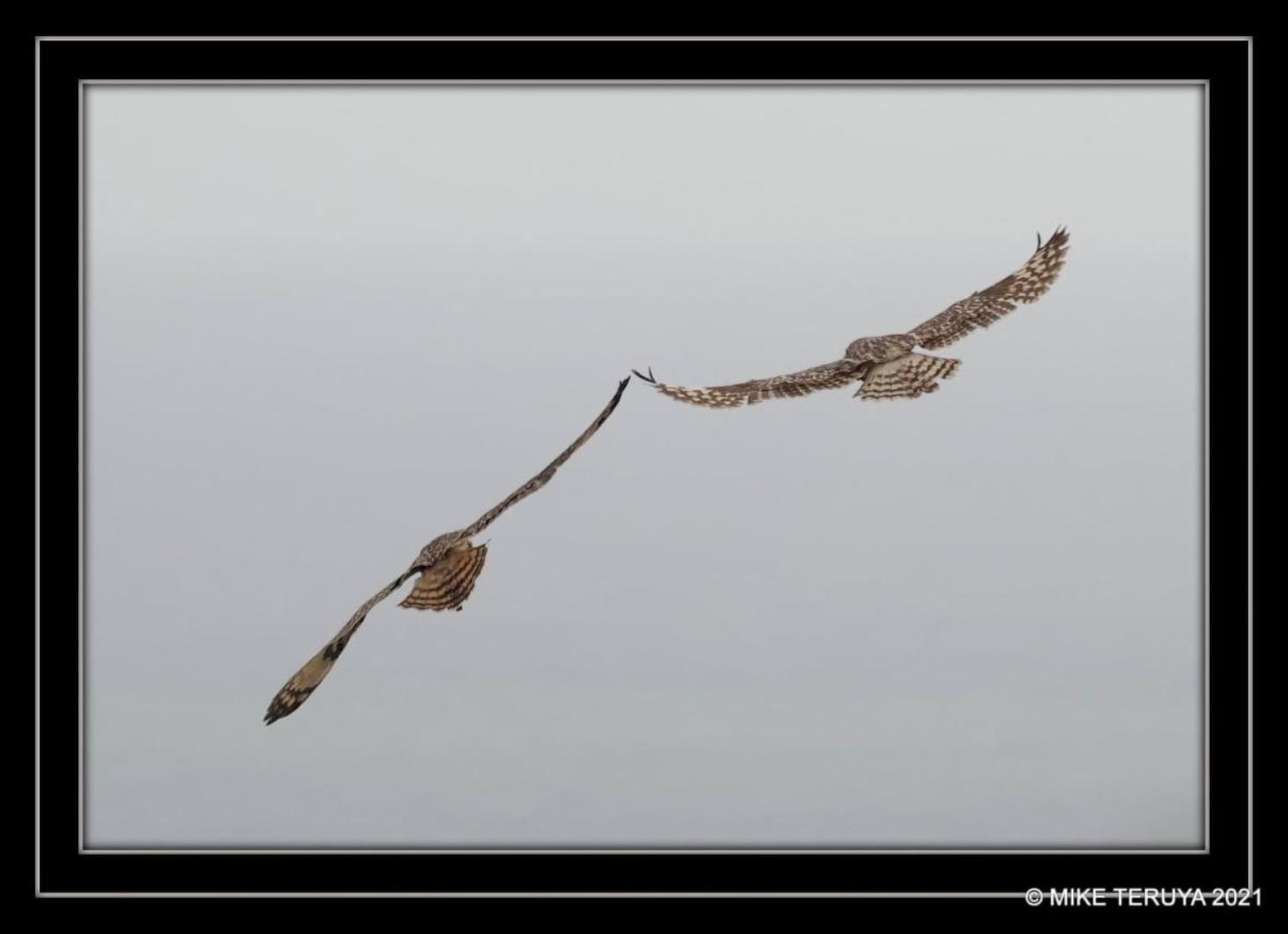
Carry Grief in One Hand, Gratitude in the Other
I’ve noticed how being embodied and dancing is not only about joy, but it’s an integral part of a healing process. It’s about opening your heart or starting the process to open. Like learning anything new, at first it’s difficult, but as you keep going, you’ll be surprised by how much you’ll learn about yourself and the world.

If Only We’re Brave Enough To Be It
When a storm comes and confusion or strong emotions arises we lose our way. With practice we have the presence of mind to pause and reflect. We dance asking Kaiona for help, for insight to point out the pathway. We practice patience through sitting or dancing and we find that we are the flower most fragrant right before a storm. We sense a deep stirring of courage and love within. We see that our sparkle, our light, has always been here, and we have always been it.

Groundhog Day
We have never been more divided as a country, each seeing the other side as a threat to democracy itself. How have we come to this point? I think it can partly be explained by the bubbles we live in with our social media accounts, each of us living in his or her own Truman show.

Humanity’s Wake Up Call
The chrysalis stage is when consuming stops. This is a time when things change dramatically. The caterpillar dies and slowly changes into a soupy goo. Imaginal cells that were originally in the caterpillar continue to live and feed off of this goo.
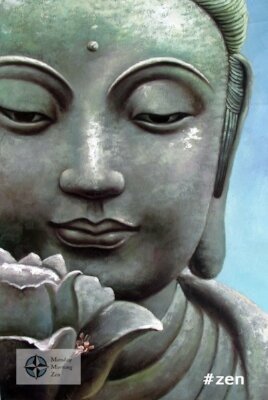
Give No Fear
You have to be very honest with yourself. You have to be willing to really look at your own confusion. Meditation can help you be with your fear. Meditation helps you be in sync with your body, mind and heart. This grounded, embodied awareness shines a light on the dark corners of fear.

Staying Connected in the Midst of Conflict
I think that most of us are afraid of conflict because we donʻt know how to work with it wisely. Perhaps, weʻve had unpleasant experiences that have left us confused and irritated. But there are better methods to work with conflict. One of these is outlined in Marshall Rosenbergʻs book. He suggests a language of love in which giving and receiving compassionately is our only motive. Such a language encompasses deep love - respect and empathy for yourself and the other.

Habit is Not Destiny
It turns out that neuroscientists have identified three things that make up a habit. Habits are not destiny. Once you understand the habit loop, you can have greater insight into how your brain lets go of intention and choice and moves into a less effortful, automatic mode of behaving.

Five Steps for Working with Fear
Fear is one of the most difficult emotions to work with. You may try to forget it or try running away from it, but these strategies only make the fear bigger and more entrenched. Begin by acknowledging the fear. There is some intelligence in the fear. It's important to have a proper relationship with your emotions. You need to touch the raw quality of the emotion before you can move through it. Can you be with the fear with more gentleness? Can you sense how it resides in your body? Can you watch the story you tell about the fear?
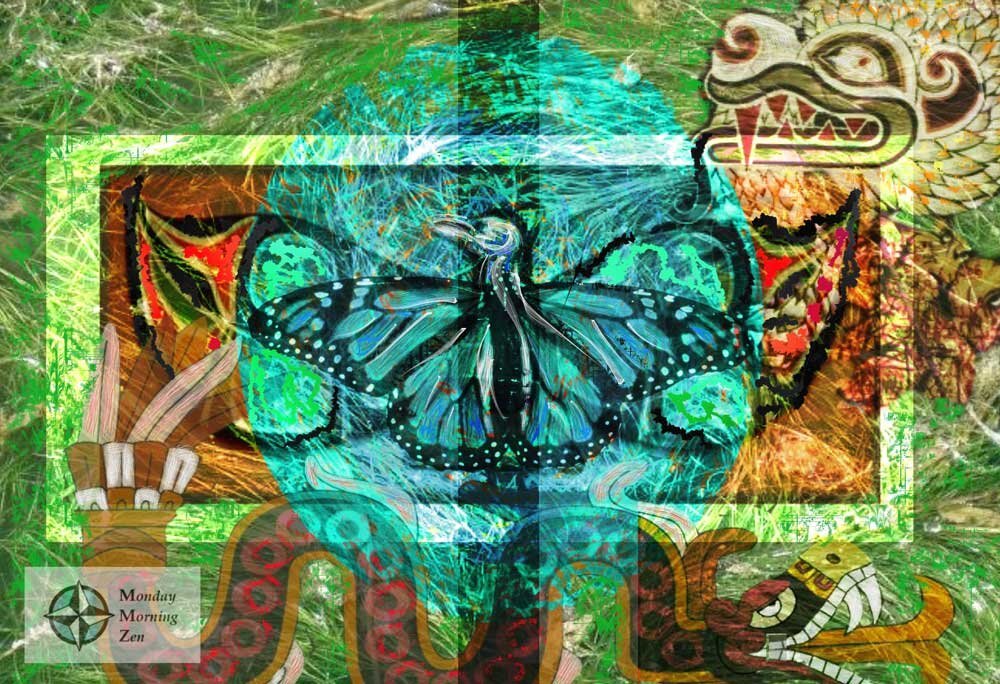
Going Downstairs
It's important to begin the spiritual path with a strong foundation of mindfulness meditation. And it's equally important to approach this practice of meditation, not as a technique you will master, but as an attunement to yourself that is kind and generous. It's important to acknowledges all aspects of your experience as valid. And of course, this includes the disowned energies which frighten and upset you.

The Power of Forgiveness
Forgiveness is connected to the Buddhist virtue of equanimity, a steadiness of mind that is the ground for wisdom and the protector of compassion. Forgiveness is related to the third Paramita of patience that helps us work with our own aggression and irritations. For when anger visits us and stays too long, it takes up residence in our heart as resentment.
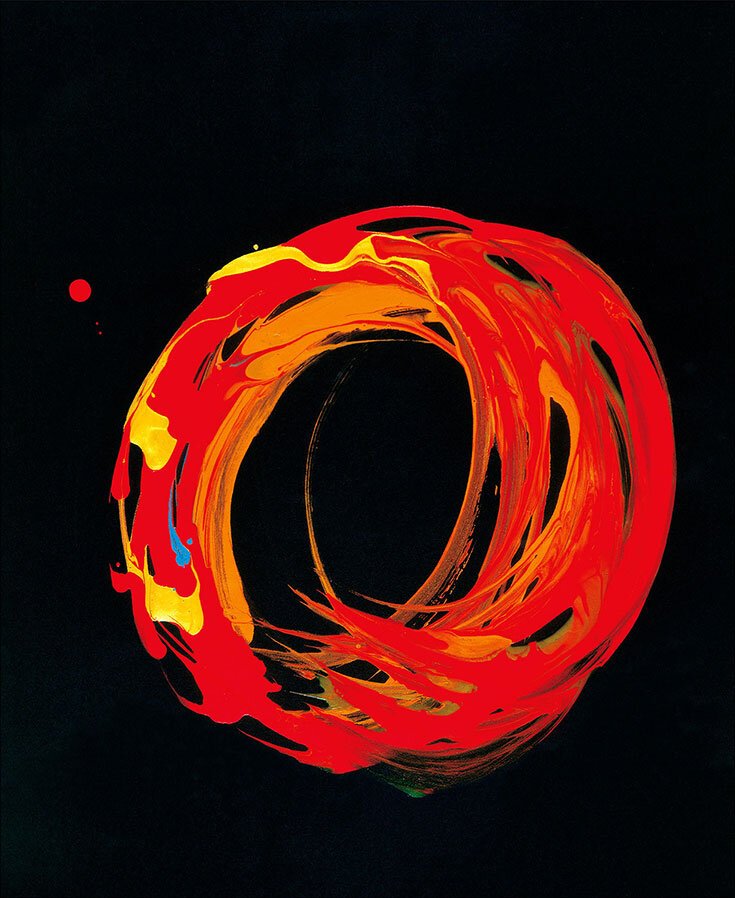
Loosening the Knots of Anger Through Mindfulness by Thich Nhat Hanh
Many people look for happiness outside themselves, but true happiness must come from inside of us. Our culture tells us that happiness comes from having a lot of money, a lot of power and a high position in society. But if you observe carefully, you will see that many rich and famous people are not happy.

